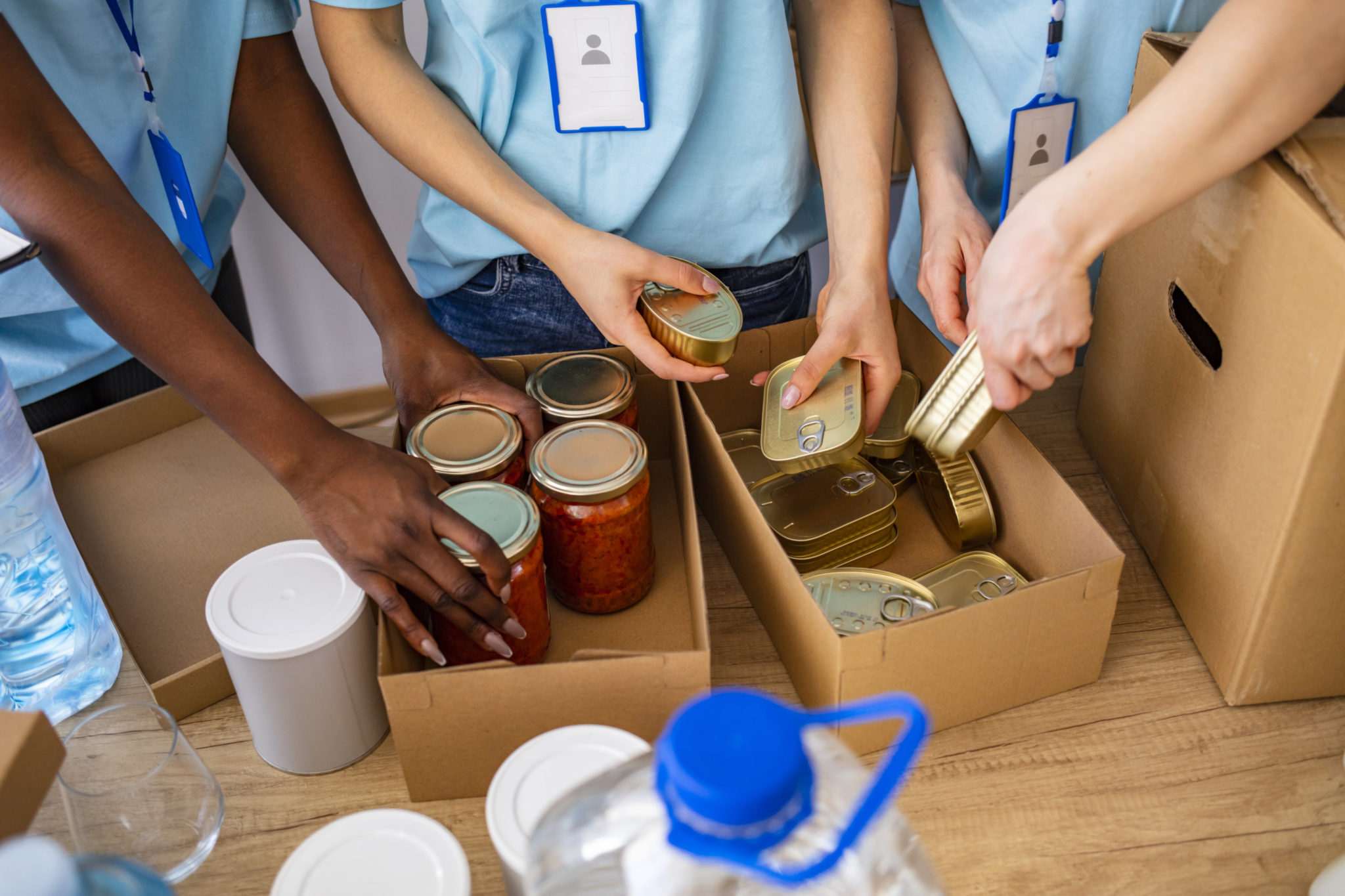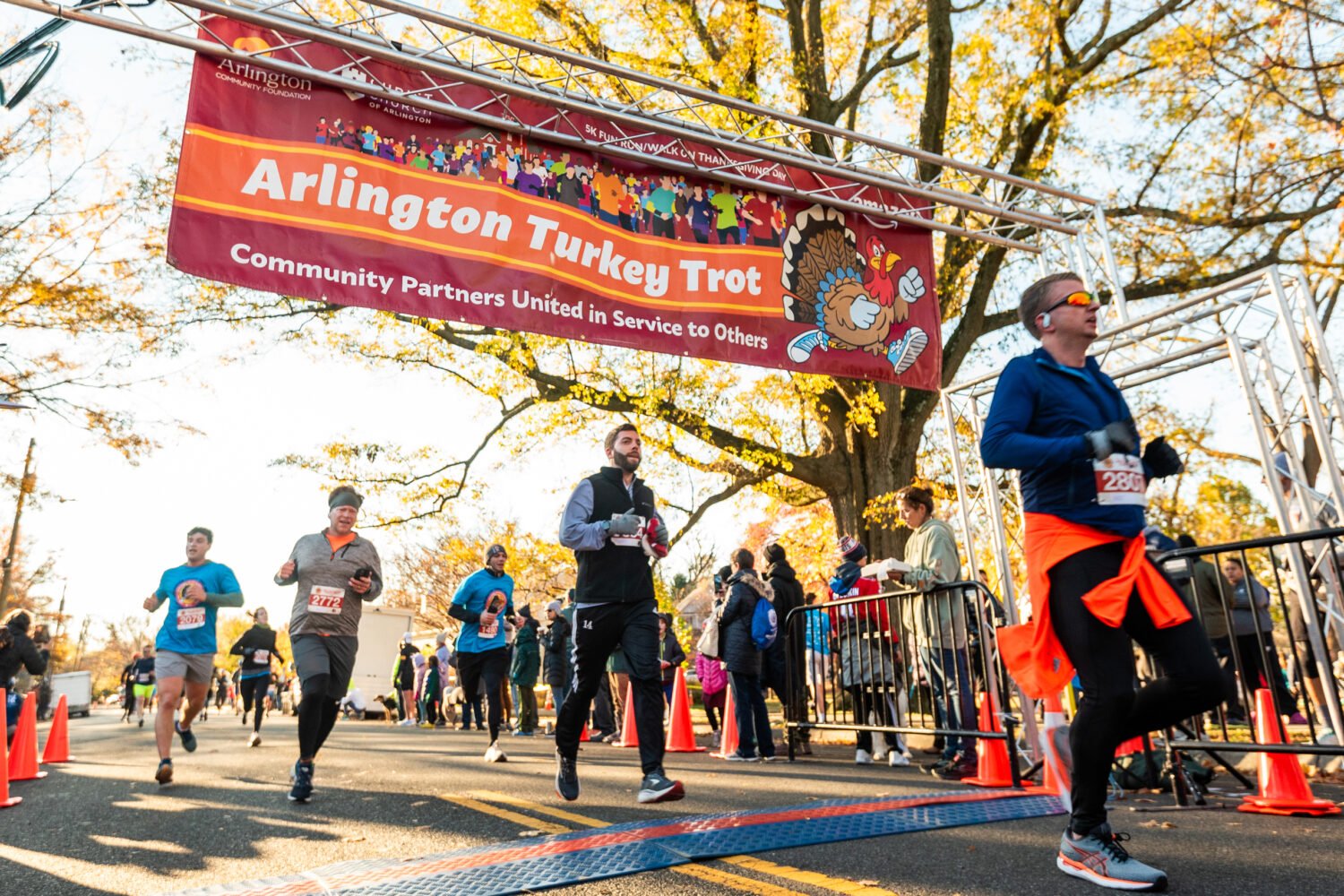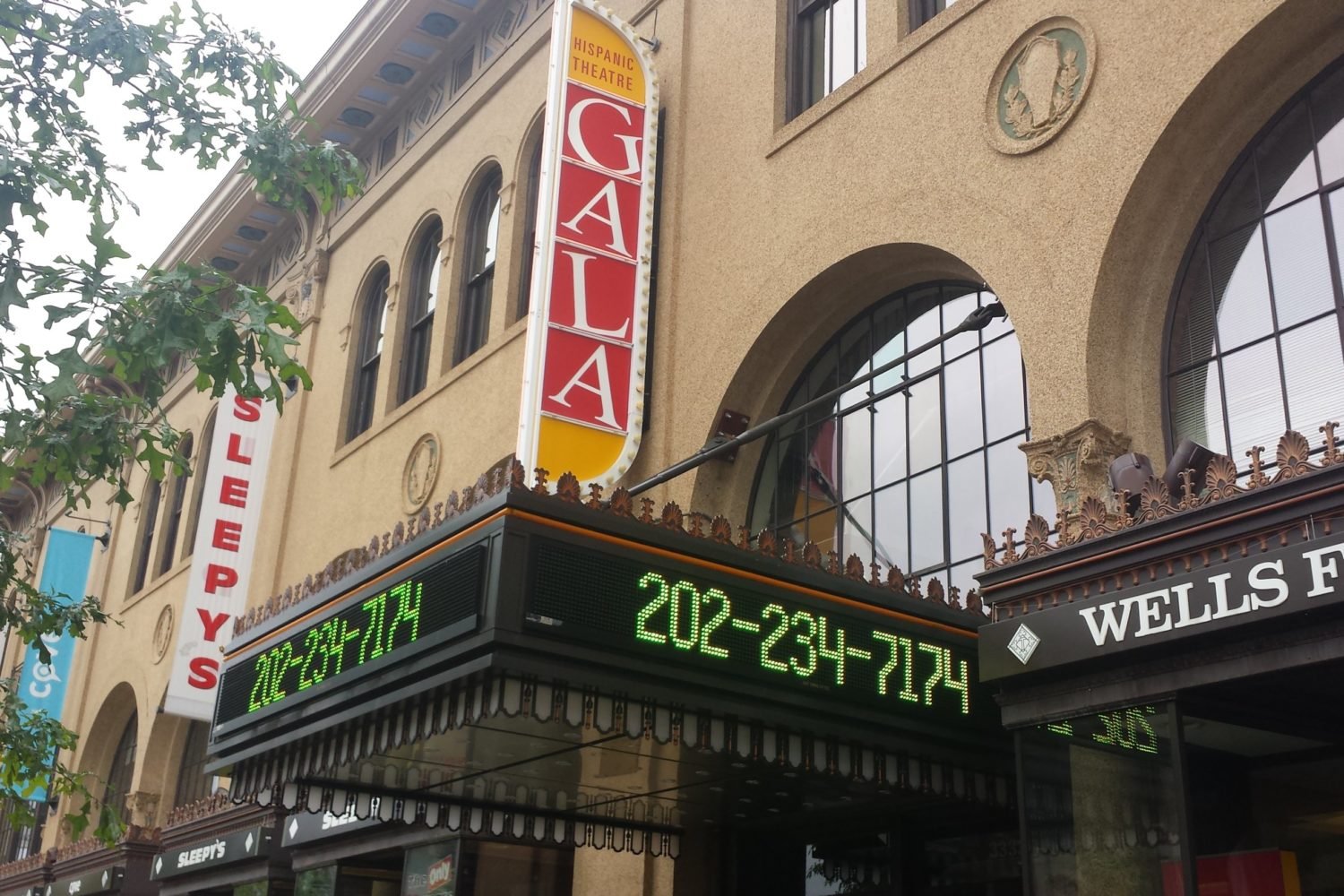Like so many others, local charities have had to pivot to meet new needs. Want to give back? These 20 nonprofits—chosen by the Catalogue for Philanthropy Greater Washington—would put your donation to good use.
If You Want to Support: Children and Education
CASA for Children of DC
Pandemic pivot: CASA aids kids in the child-welfare or juvenile-justice system—a vulnerable population now quarantined in sometimes stressful or neglectful homes. Though mostly remote, volunteers continue to offer emotional support, advocate for clients, supply care packages, and keep their eyes on kids going through the court system.
$300 can buy: An electronic device for a child to complete schoolwork at home.
Communities in Schools
Pandemic pivot: CIS works with low-income DC children at risk of dropping out—an even greater concern with remote learning. Regular check-ins have gone virtual, and gift cards for basic needs have been added to homework packets.
$100 can buy: Healthy snacks and hygiene kits for one child.
For Love of Children
Pandemic pivot: FLOC’s mission is to keep low-income kids from falling behind in school and to prepare them for college. These days, its one-on-one help for those struggling with reading, math, or college applications continues—virtually.
$100 can buy: School supplies for two students.
Inner City–Inner Child
Pandemic pivot: In ICIC’s workshops, local performing artists use music, art, and movement to teach math and literacy skills and bring joy to learning. This past March, sessions shifted from in-person to online, with an additional goal: addressing the “engagement gap” in some communities caused by remote teaching.
$500 can buy: A bag of books and art supplies for 25 students.
If You Want to Support: Hunger and Basic Needs
Casa Ruby
Pandemic pivot: Casa Ruby houses and assists primarily trans women of color and LGBTQ youth facing homelessness—a need that’s greater than ever and more complicated and expensive, as the organization must deliver food, shelter, and health services in a Covid-safe manner.
$1,000 can buy: 250 hot meals for shelter clients.
Food Recovery Network
Pandemic pivot: Started by University of Maryland students who wanted to divert food being thrown out by dining halls to the hungry in the community, Food Recovery Network has had to hustle during campus lockdowns to recover surplus food from other sources, such as farmers.
$100 can buy: Recovery and donation of 100 meals.
Shepherd’s Table
Pandemic pivot: When the coronavirus made it tricky to serve on-site food to those in need, Shepherd’s Table didn’t miss a meal—it started packaging food to go, and it funneled some funds to struggling local restaurants to keep everyone fed.
$100 can buy: One person’s meals—19 in all—for a week.
Washington Youth Garden
Pandemic pivot: Normally, WYG—the outreach-and-education branch of Friends of the National Arboretum—would work with children at schools and at the arboretum. Instead, it’s growing thousands of pounds of produce and donating it to students and families in need as well as enlisting kids for projects such as building a community garden.
$100 can buy: Ten grow-at-home kits delivered to students.
If You Want to Support: Community Arts
Arts for the Aging
Pandemic pivot: When it became clear that the elderly were at greater risk of Covid-19 and that in-person contact wasn’t coming back soon, AFTA began to live-stream and prerecord its music, painting, and movement workshops to keep an otherwise severely isolated population engaged.
$100 can buy: Art supplies delivered to ten older adults and their caregivers.
BlackRock Center for the Arts
Pandemic pivot: This Germantown art gallery and performance space has transformed itself into a hub for doling out food, diapers, face masks, and other essentials. A virtual visual-arts class for children provides a box of art supplies and weekly themes such as “Love the Skin You’re In” and “The Future Is Bright.”
$150 can buy: Tuition and art supplies for one child.
1st Stage
Pandemic pivot: This 110-seat performing-arts organization in Tysons typically puts on 165 performances. With the theater shuttered, the show still goes on: Its Solo Work Commissions will fund up to a dozen playwrights to create one-person performances that for now can be seen online but would eventually make it to the stage.
$500 can buy: One wireless microphone body pack for a performer.
GALA Hispanic Theater
Pandemic pivot: Theaters have been hit hard by shutdowns, yet GALA has kept its Paso Nuevo youth program going, offering mentorship and creative learning to children primarily in Columbia Heights.
$500 can buy: Scholarships for two students in Paso Nuevo.
If You Want to Support: The Vulnerable Among Us
Calvary Women’s Services
Pandemic pivot: Covid lockdowns have led to a surge in domestic violence. Calvary—which provides housing, health, education, and employment programs to women experiencing homelessness, which can be caused by domestic violence—offers one safety net.
$1,000 can buy: A month of safe housing for a woman trying to get back on her feet.
DC Affordable Law Firm
Pandemic pivot: When Covid hit, DCALF—which provides legal services for low- and modest-income District residents—saw a surge in demand for its services, including wills for parents who feared for children left behind if they died, as well as parents fighting to enforce or secure court orders around custody and visitation.
$450 can buy: Six hours of legal services for clients, half of whom have fully or partially lost employment during the pandemic.
HER Resiliency Center
Pandemic pivot: This nonprofit supports young women ages 18 to 25 who are at risk of falling through the cracks—those who have experienced homelessness, addiction, sexual exploitation, or aging out of the foster-care system. The pandemic has created greater need, as some women lost their hourly-wage jobs or have fled lockdowns with abusive partners and are on the streets.
$100 can buy: Groceries and hygiene products for three women.
OAR of Arlington, Alexandria, and Falls Church
Pandemic pivot: Covid hit detention facilities especially hard, leading to some early releases. It also wiped out service jobs for some formerly incarcerated people trying to get back on their feet. That’s where OAR—Offender Aid and Restoration—can help: It provides pre- and post-release services such as an intensive reentry program, as well as help finding a job and reuniting with family.
$500 can buy: Basic needs for one client—which could mean a laptop, identification documents, and, increasingly these days, rent assistance and groceries.
If You Want to Support: Equality and Social Justice
Black Swan Academy
Pandemic pivot: Although BSA’s in-person work—a 36-week program for Black youth to learn civic leadership and engagement—has shifted online, the goal has taken on even greater urgency after George Floyd’s death.
$1,000 can buy: A one-year stipend for an 11th- or 12th-grade youth organizer.
Conflict Resolution Center of Montgomery County
Pandemic pivot: During this year of pain and unrest, CRCMC’s Police Complaint Mediation Program continues to try to defuse tensions between residents and cops—a process that, surprisingly, has often worked better now that mediation is done virtually rather than via intense face-to-face meetings. The nonprofit also offers landlord/tenant mediation.
$100 can buy: Two hours of mediation for a family in crisis.
Many Languages One Voice
Pandemic pivot: Besides its social-justice work and advocacy on behalf of the immigrant community, MLOV aims to foster leadership and greater civic participation in immigrant communities of color. Since the pandemic’s onset, it has also distributed funds to immigrants ineligible for government aid, as well as food, laptops, masks, and hand sanitizer.
$1,000 can buy: Financial support for a family that has lost its income.
Washington Area Community Investment Fund
Pandemic pivot: WACIF’s mission is to increase equity and opportunity in underserved communities, including support to entrepreneurs of color in neighborhoods east of the Anacostia River. In the time of Covid, it has shifted to providing more grants versus loans, as well as online training to help businesses adjust to the new reality.
$500 can buy: Two business-advisory workshops for an entrepreneur.
Visit the Catalogue for Philanthropy Greater Washington at cfp-dc.org/doinggood.
This article appears in the December 2020 issue of Washingtonian.



















